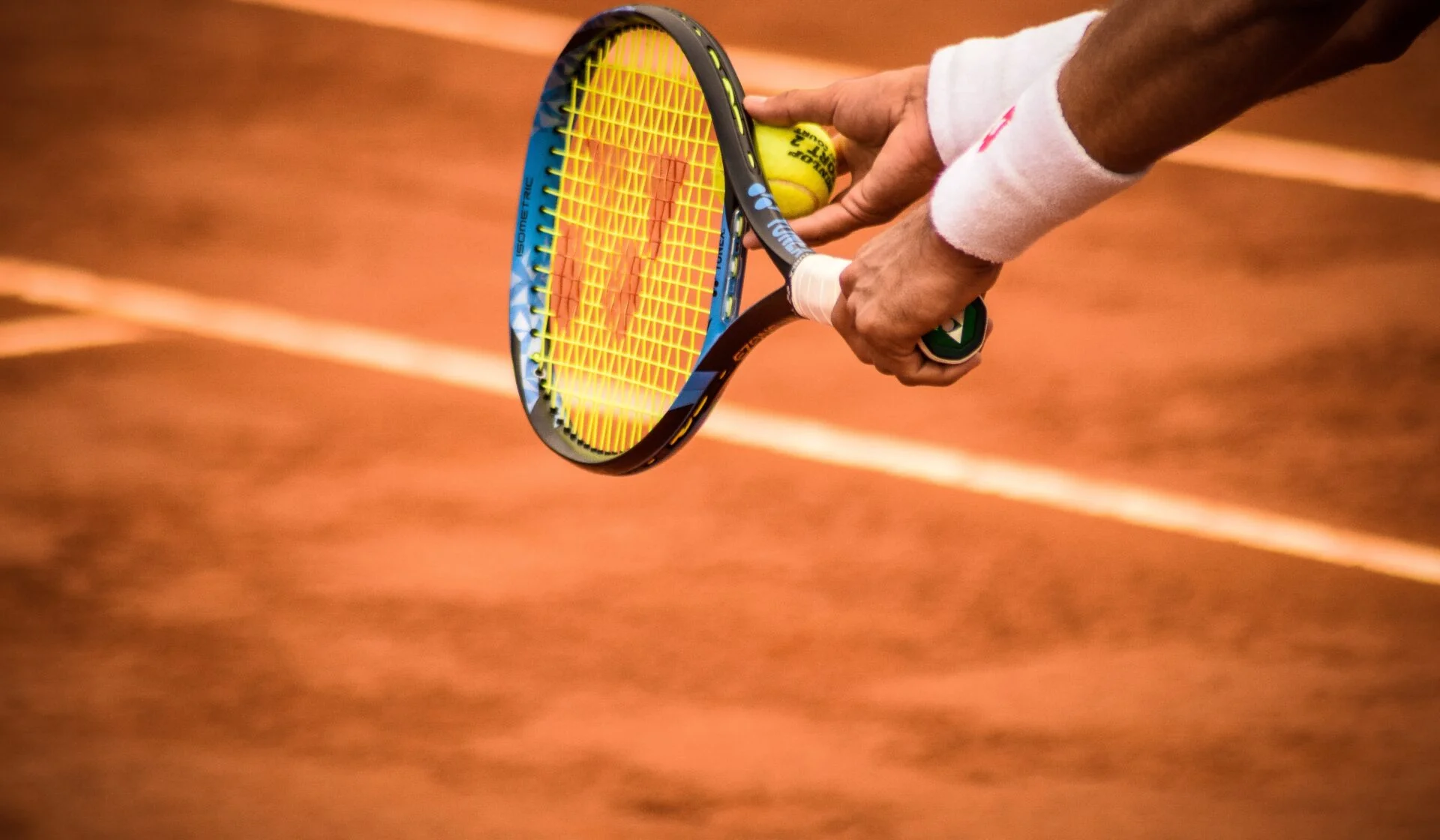
In a stunning display of frustration, the non-playing captain of the Indian Davis Cup team unleashed a tirade against the media following the team’s humiliating defeat to Sweden. The volatile comments have not only raised eyebrows but also revealed a crisis that could spell disaster for Indian tennis.
## A Captain on the Edge
The recent outburst, which included the shocking phrase “shut up,” is emblematic of deeper unrest within the team. Instead of showing leadership in a time of crisis, aggression was displayed, raising critical questions about the ability to guide the team effectively. As tensions boil over, the implications for Indian tennis could be dire.
## A History of Incompetence
With only one Davis Cup appearance to their name over 35 years ago, the captain’s credentials are under fire. Many believe a connection with the All India Tennis Association (AITA) has kept them in a position for which they are ill-equipped. This cronyism could be leading Indian tennis toward a catastrophic downfall, as more qualified candidates are sidelined.
## Player Revolt Brewing
The situation is further exacerbated by a growing resentment among key players. Following Rohan Bopanna’s retirement, both Yuki Bhambri and Sumit Nagal have expressed reluctance to play under the current leadership, indicating a rift that could fracture the team’s morale. With top players unwilling to represent India, the very foundation of the Davis Cup squad is at risk of collapse.
## AITA’s Dangerous Silence
The AITA’s inaction in the face of these escalating tensions is nothing short of alarming. By allowing the captain to remain in charge despite clear signs of dysfunction, the AITA risks leading Indian tennis into a downward spiral that could take years to recover from. The organization’s failure to address these issues could have devastating consequences for the sport in the country.
## Immediate Action Required
To avert a calamity, the AITA must urgently reassess its leadership strategy. Appointing a competent captain who can unite and inspire the team is crucial. The current trajectory suggests that without swift and decisive action, Indian tennis is on a perilous path that could jeopardize its future in international competitions.
As the explosive remarks reverberate through the sport, the urgency for reform in Indian tennis has never been clearer. The stakes are high, and the time for action is now—before it’s too late.
Leave a Reply